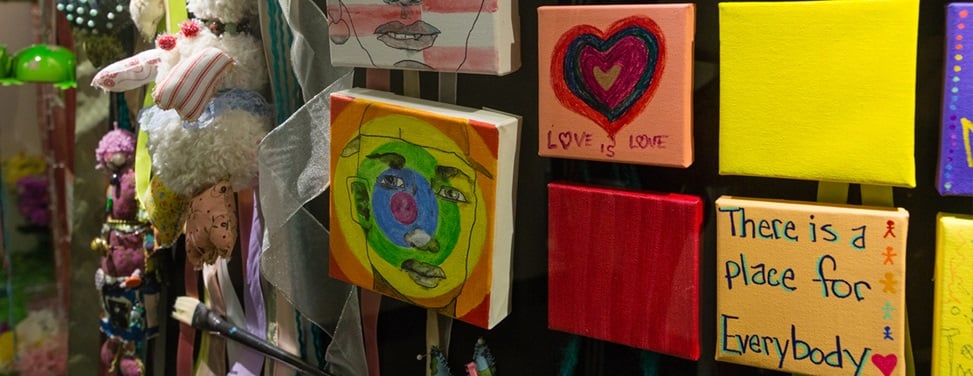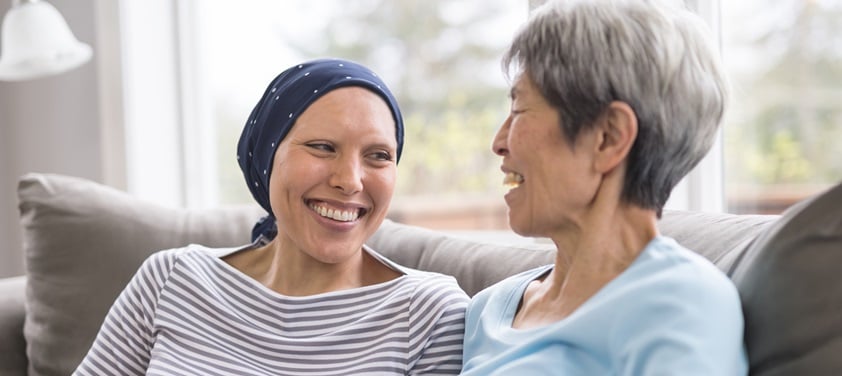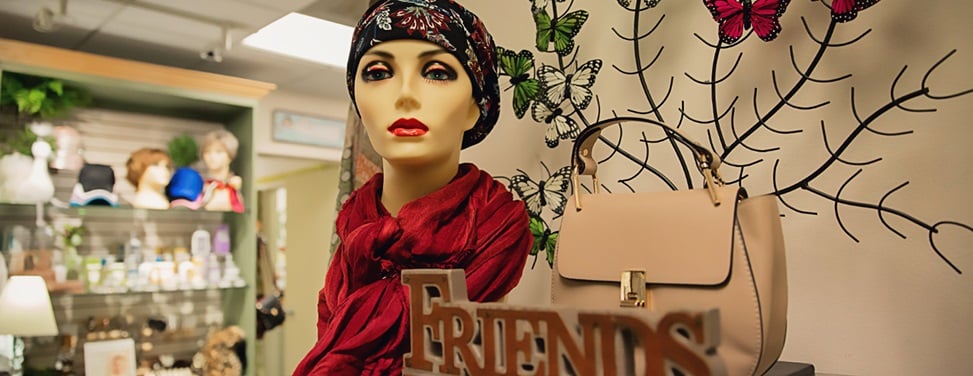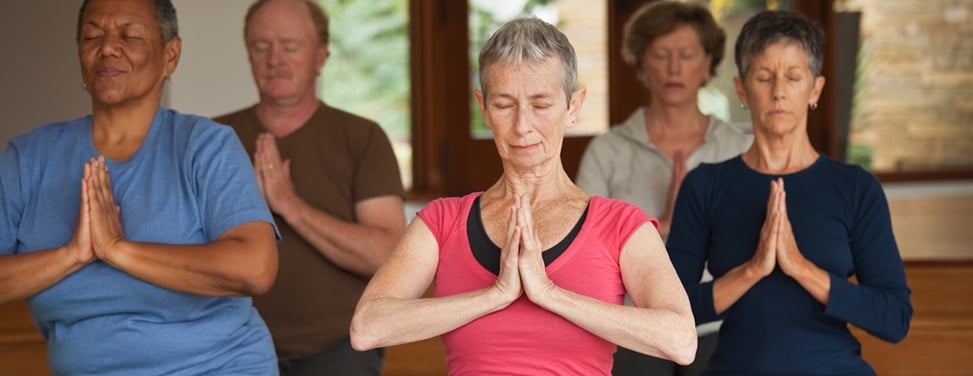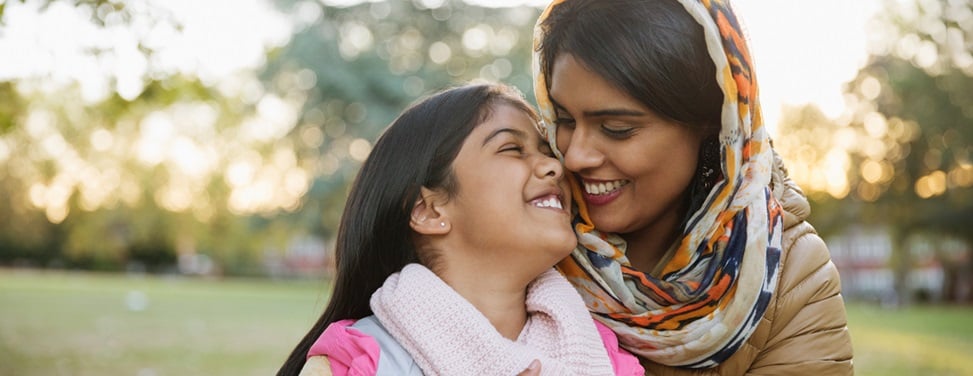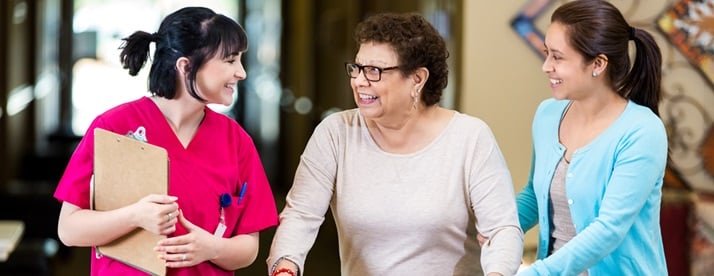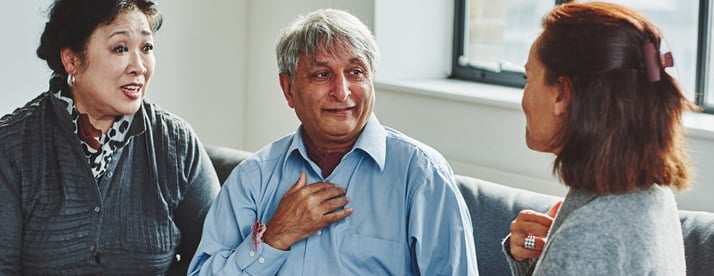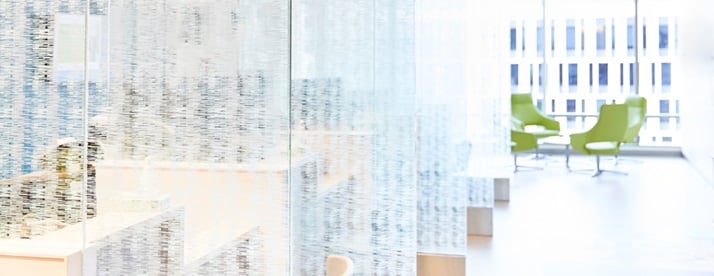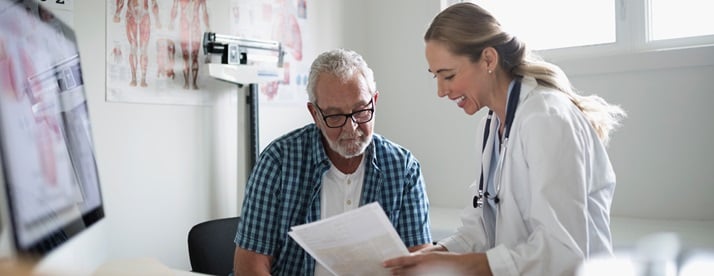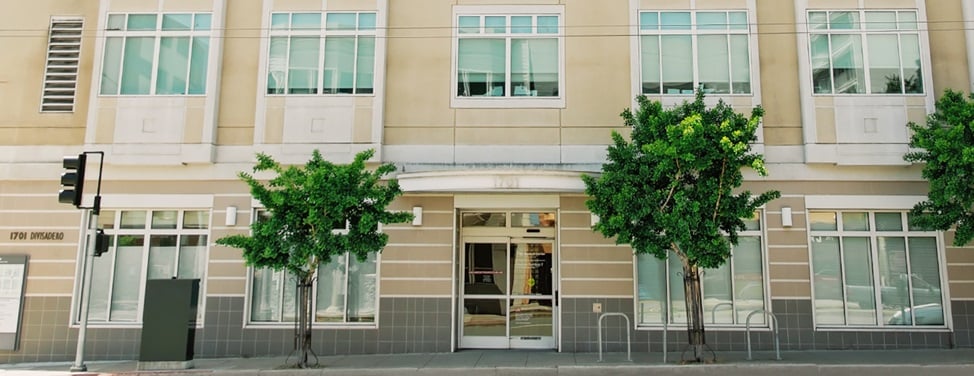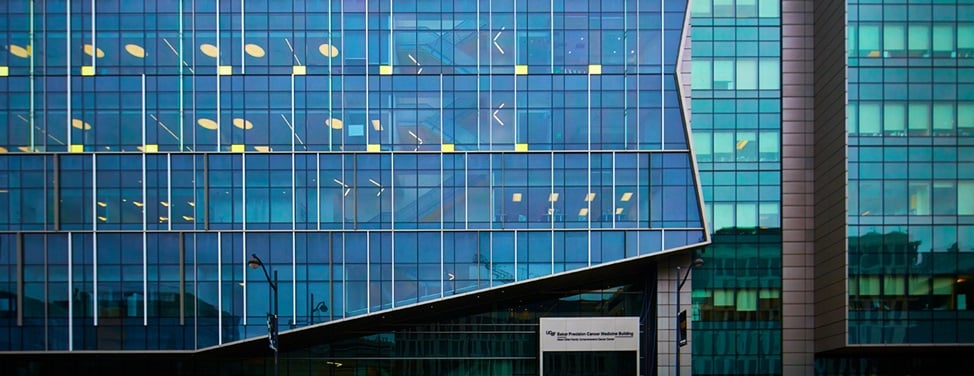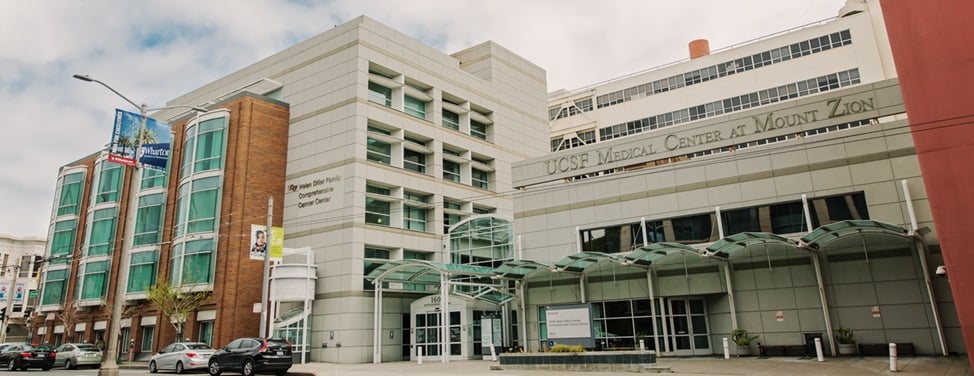
Melanoma & Skin Cancer Center
The UCSF Melanoma and Skin Cancer Program provides specialized care for patients with all stages of melanoma, from early-stage growths to advanced metastatic cancer, as well as for patients who are healthy but at higher risk of the disease due to family history, genetic mutations or having many abnormal moles. We also care for patients with other types of skin cancer, including squamous cell, basal cell and Merkel cell carcinomas.
Our program is part of the UCSF Helen Diller Family Comprehensive Cancer Center, designated a comprehensive cancer center by the National Cancer Institute. This designation recognizes centers that provide full-spectrum, state-of-the-art cancer care.
Our team
Our skin cancer program brings together doctors from many specialties. Working collaboratively, they ensure our patients receive complete care that includes access to an array of treatment options. Our world-renowned team has the following types of subspecialists:
- Medical dermatologists – who diagnose and treat a range of skin conditions
- Surgical dermatologists – who provide surgical treatment for skin conditions
- Dermatopathologists – experts in identifying cancers through microscopic examination of samples
- Medical oncologists – experts in treating cancer with chemotherapy, immunotherapy and other therapies
- Radiation oncologists – specialists in the various radiation therapies used to treat cancer
- Surgical oncologists – specialists in surgical treatment of cancer
- Otolaryngologists/head and neck surgeons – specialists in surgically treating head and neck cancers
- Reconstructive surgeons – who perform procedures to repair and reshape damaged parts of the face or body
Also on our team are nurses and nurse practitioners, genetic counselors, psycho-oncologists, social workers, nutritionists and exercise counselors. All have special training in cancer care, including how to support and educate patients and their families.
Diagnosis and treatment
Our program emphasizes early diagnosis, because the earlier a skin cancer is detected, the greater the likelihood of successful treatment. We perform skin exams using dermatoscopes, handheld instruments that help us to distinguish cancerous lesions from noncancerous lesions with greater accuracy than eyes alone. We may also use digital dermoscopic photography (taking images with the dermatoscope) to closely track suspicious lesions over time.
We offer the full range of treatment options, including surgery, chemotherapy, radiation therapy, immunotherapy and TIL therapy. When possible, we target the patient's specific cancer. Our dermatopathologists test melanomas for certain genetic mutations – such as BRAF, NRAS, KIT, GNAQ and GNA11 – to help us determine the most effective treatment for an individual patient. Our program holds a weekly tumor board meeting that allows multiple specialists to discuss complex cases and reach consensus on treatment recommendations.
Research and clinical trials
Our experts are leading clinical trials to evaluate some of the most innovative and promising new treatments for melanoma and other aggressive skin cancers. Interested patients may have the opportunity to participate.
Learn more about clinical trials and how they work.
Our locations
Our team
Clinical trials
Induction Chemotherapy Response-Guided Radiation for EBV-Associated Nasopharyngeal Carcinoma
PFS is defined as the proportion of participants alive without progression of disease from the first day of radiotherapy to progression or death by any cause, whichever occurs first, assessed up to 2 years after the last day of ra...
Recruiting
Binimetinib and Imatinib for Unresectable Stage III-IV KIT-Mutant Melanoma
Defined as complete response (CR) or partial response (PR) by Response Evaluation Criteria in Solid Tumors (RECIST v1.1). The ORR at stages 1 and 2 will be estimated using the method of Whitehead, and the p-values for testing the ...
Recruiting
Rankings & achievements
-
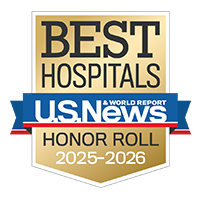
Among the top hospitals in the nation
-
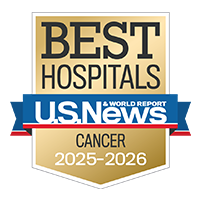
Best in California and No. 7 in the nation for cancer care
-

melanoma patients seen each year
Accreditations & memberships
-
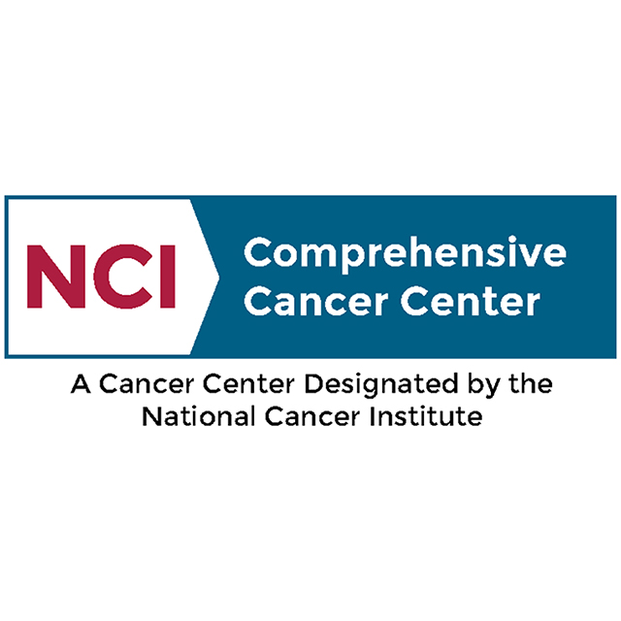
National Cancer Institute
The National Cancer Institute has designated UCSF a comprehensive cancer center, its highest ranking. This designation is awarded to centers that demonstrate scientific excellence and the ability to conduct cancer research across many disciplines.
-
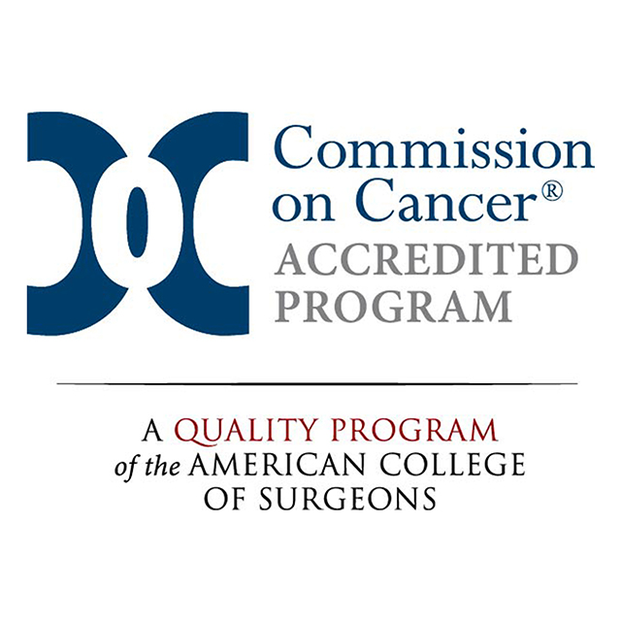
Commission on Cancer
UCSF's cancer programs have been accredited by the American College of Surgeons' Commission on Cancer (CoC) since 1933. The CoC is a consortium of groups dedicated to improving cancer patients' survival and quality of life via research, education and better medical care.
-
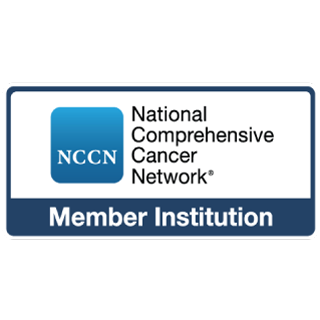
National Comprehensive Cancer Network
UCSF is a member of the National Comprehensive Cancer Network, an alliance of the world’s top cancer centers. The network brings together leaders in treatment and research to improve the quality, effectiveness and efficiency of cancer care.
Support services
Plan your visit
What to Bring
- Photo I.D.
- Health insurance card
- Insurance authorization, if required
- Doctor's referral, if required
- Recent test results related to your condition
- List of your medications, including dosages, plus any you're allergic to
- List of questions you may have
- Device or paper for taking notes
Related clinics
Our research initiatives
-
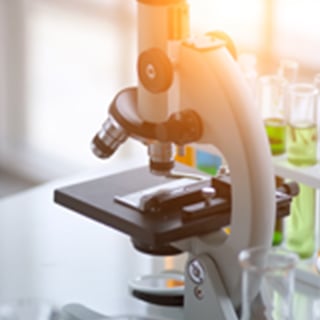
UCSF Helen Diller Family Comprehensive Cancer Center Research
UCSF is home to a range of research initiatives aimed at improving outcomes for cancer patients everywhere. This includes research on topics such as immunotherapy, BRCA mutations and molecular diagnostic testing.

























